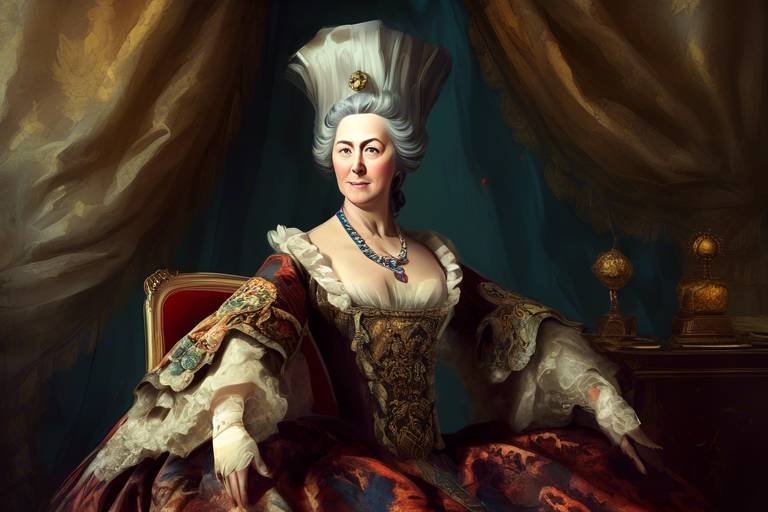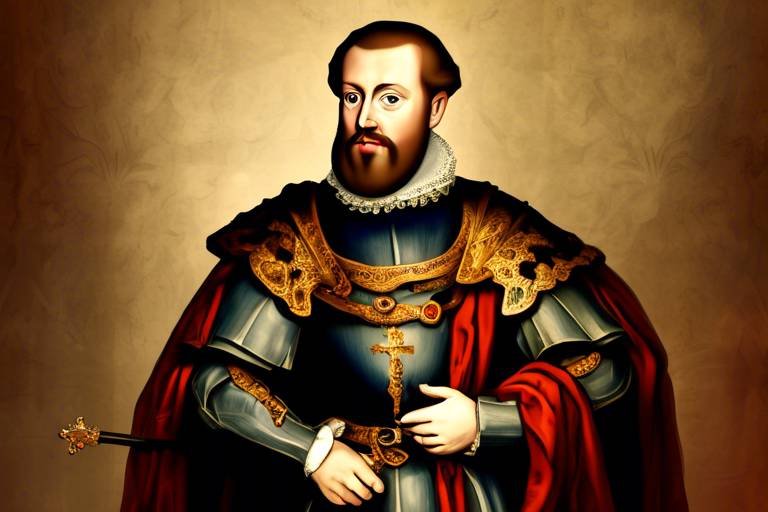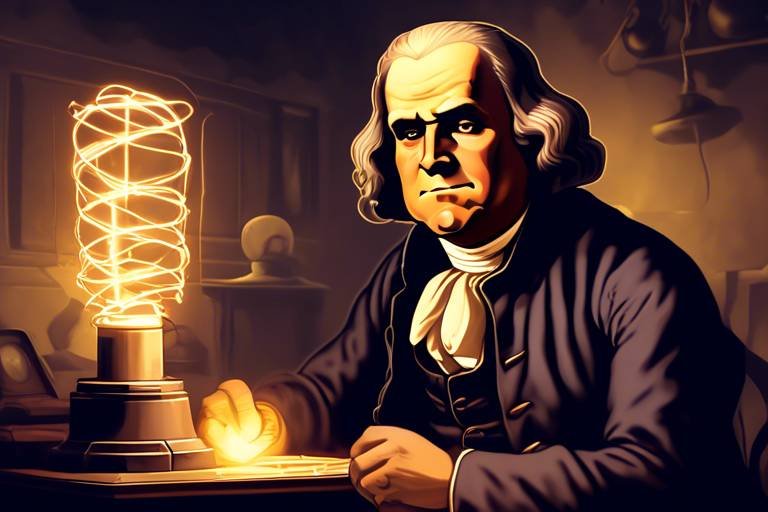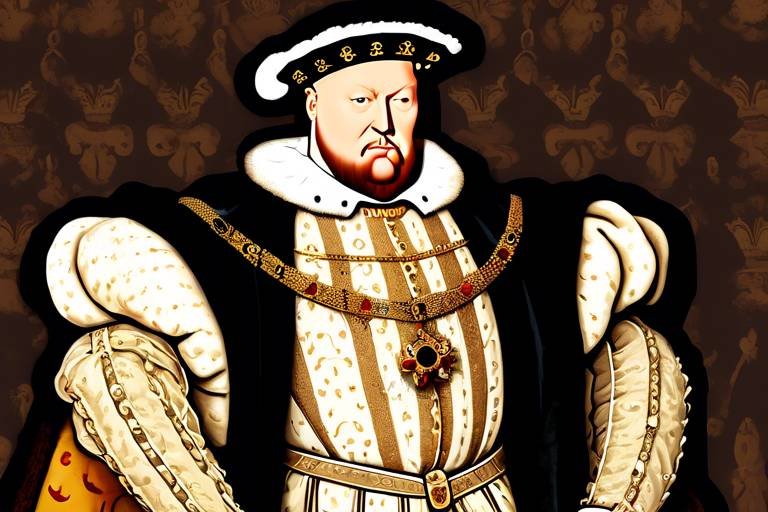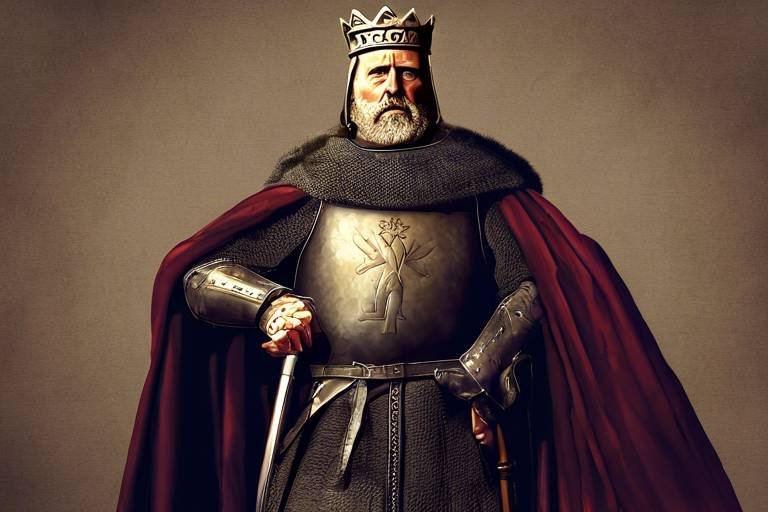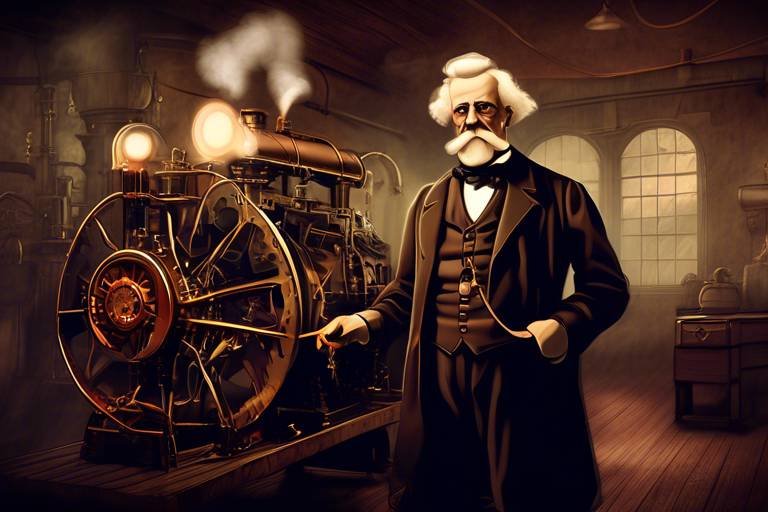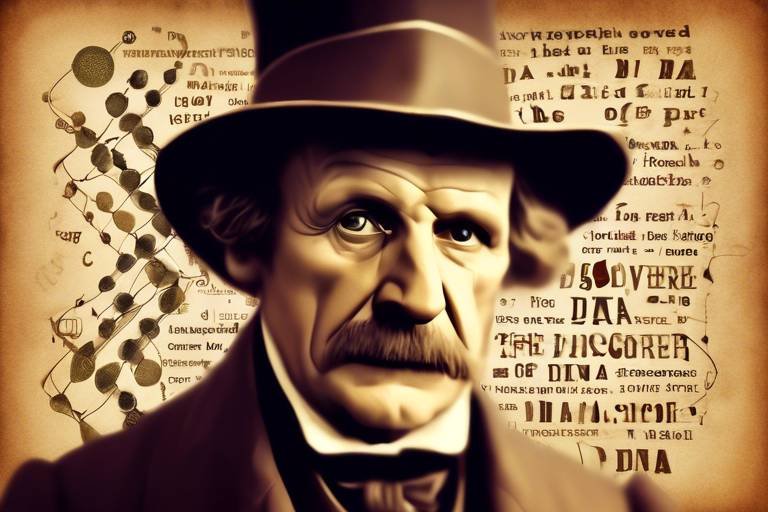Catherine the Great: The Empress Who Expanded Russia
Catherine the Great, known as the Empress Who Expanded Russia, was a formidable figure in Russian history. Her reign marked a period of significant growth and influence for the Russian Empire. Catherine's astute political maneuvers and cultural contributions shaped the course of the nation in profound ways.

Early Life and Rise to Power
Catherine the Great was a powerful and influential ruler who significantly expanded the Russian Empire during her reign. Her political savvy and cultural contributions left a lasting impact on Russian history.
Catherine, originally named Sophie Friederike Auguste, was born in Stettin, Prussia (now Szczecin, Poland) in 1729. Her early life was marked by a thirst for knowledge and a keen interest in Enlightenment philosophy. At the age of 15, she was married to the future Tsar Peter III of Russia, a union that would ultimately propel her to the throne. Despite the tumultuous nature of their relationship, Catherine seized the opportunity to ascend to power through a well-executed coup d'état following Peter's unpopular reign.
Catherine's reign was characterized by a fervent dedication to modernizing Russia and bringing it in line with Western European standards. She implemented a series of domestic reforms aimed at improving education, revamping the legal system, and streamlining administrative processes. These efforts were instrumental in laying the groundwork for Russia's transformation into a more progressive and efficient state.
Embracing the principles of enlightened despotism, Catherine sought to wield absolute power while simultaneously championing intellectual pursuits and progressive policies. This delicate balance allowed her to strengthen her rule and elevate the status of the Russian state, positioning it as a formidable force on the global stage.
Catherine's ambitious vision for territorial expansion saw the Russian Empire grow significantly during her reign. Through strategic military campaigns and diplomatic maneuvers, she secured key territories such as Crimea, Belarus, and portions of Poland, solidifying Russia's position as a dominant power in Eastern Europe.
In addition to her political achievements, Catherine was a fervent patron of the arts and culture. Her support for literature, theater, and the arts transformed St. Petersburg into a vibrant cultural hub, attracting artists and intellectuals from across Europe and fostering a golden age of creativity in Russia.
Catherine's adept handling of foreign affairs was instrumental in securing Russia's position as a major player in European politics. Through strategic alliances, military campaigns, and diplomatic negotiations, she navigated complex international relations, including conflicts with the Ottoman Empire and Sweden, with finesse and skill.
Catherine's legacy as a ruler is indelibly marked by her contributions to Russia's territorial expansion, modernization efforts, and cultural development. Her enduring influence on Russian politics and society continues to be felt to this day, solidifying her status as one of the most successful and influential rulers in Russian history.
Despite her many accomplishments, Catherine's rule was not without controversy. Criticisms of her personal life, treatment of political opponents, and the contradictions between her enlightened ideals and autocratic governance have sparked debate among historians and scholars, adding complexity to her legacy.

Domestic Reforms and Modernization
During her reign, Catherine the Great implemented a series of ambitious domestic reforms aimed at modernizing and transforming Russia into a more progressive and Europeanized state. One of her primary focuses was on education, understanding its crucial role in the development of a modern society. Catherine established schools and universities, encouraging the spread of knowledge and enlightenment among the Russian population.
Furthermore, Catherine initiated legal reforms to streamline the country's legal system and ensure fair treatment for all citizens. She aimed to create a more just and efficient legal framework that would uphold the rights of individuals and promote a sense of order and justice within the society.
In addition to education and law, Catherine also prioritized administrative reforms to improve the efficiency and effectiveness of government institutions. She introduced new administrative structures and procedures to enhance governance and facilitate better communication and decision-making processes.
These reforms were part of Catherine's broader vision to bring Russia closer to Western European standards and to position the country as a modern and progressive state on the world stage. By modernizing key aspects of Russian society, Catherine aimed to strengthen the foundation of her empire and pave the way for future growth and development.
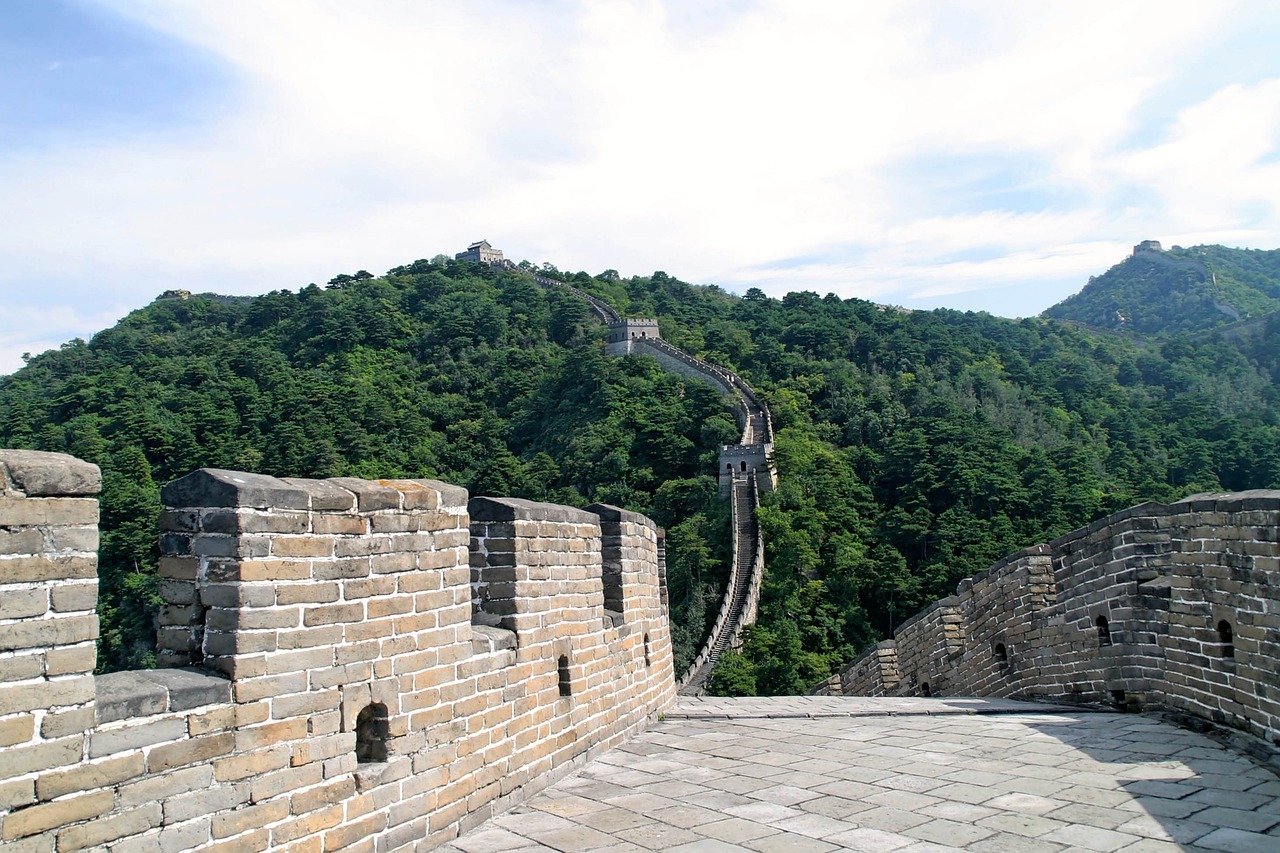
Enlightened Despotism
Enlightened despotism was a unique concept introduced by Catherine the Great during her rule over Russia. It was a form of governance where a ruler held absolute power but sought to implement progressive reforms and intellectual advancements for the benefit of the state and its people. Catherine skillfully balanced her autocratic authority with a commitment to modernize and improve the Russian Empire. This approach allowed her to consolidate power while also promoting education, culture, and legal reforms.
One of the key aspects of enlightened despotism under Catherine was the promotion of education and intellectual pursuits. She founded schools and universities, inviting European scholars to Russia to share their knowledge and expertise. By investing in education, Catherine aimed to cultivate a more enlightened and informed society, ultimately strengthening the foundation of her empire.
Furthermore, Catherine's enlightened despotism extended to legal and administrative reforms. She implemented changes to the Russian legal system, aiming to make it more efficient and just. By streamlining bureaucracy and introducing new laws, Catherine sought to create a more orderly and fair society, reflecting the values of the Enlightenment era.
In addition to domestic reforms, Catherine's enlightened despotism also encompassed cultural advancements. She was a passionate patron of the arts, supporting artists, writers, and musicians in Russia and abroad. Her efforts transformed St. Petersburg into a vibrant cultural hub, attracting talent from across Europe and fostering a rich artistic legacy that endures to this day.
Overall, Catherine the Great's embrace of enlightened despotism was a testament to her vision for a modern and progressive Russia. By combining absolute power with a commitment to reform and intellectual growth, she left a lasting legacy that continues to shape Russian history and culture.

Expansion of the Russian Empire
During Catherine the Great's reign, the expansion of the Russian Empire reached unprecedented levels through a combination of military conquests and diplomatic maneuvers. Catherine's ambitious vision and strategic acumen played a pivotal role in enlarging Russia's territorial boundaries and consolidating its power on the world stage.
One of Catherine's most notable achievements in expanding the Russian Empire was the annexation of Crimea in 1783. This strategic move not only secured Russia's access to the Black Sea but also dealt a significant blow to the influence of the Ottoman Empire in the region. By incorporating Crimea into the Russian territories, Catherine effectively extended her empire's reach and strengthened its position in Eastern Europe.
In addition to Crimea, Catherine oversaw the acquisition of Belarus and parts of Poland through a series of military campaigns and diplomatic negotiations. These territorial expansions not only added valuable resources and strategic assets to the Russian Empire but also demonstrated Catherine's prowess in navigating the complex web of European power dynamics.
Furthermore, Catherine's expansionist policies were not limited to land conquests alone. She also focused on establishing trade routes and diplomatic ties with neighboring countries to further solidify Russia's influence in the region. By skillfully leveraging both military might and diplomatic finesse, Catherine was able to position Russia as a formidable player in European politics and secure its status as a major power.
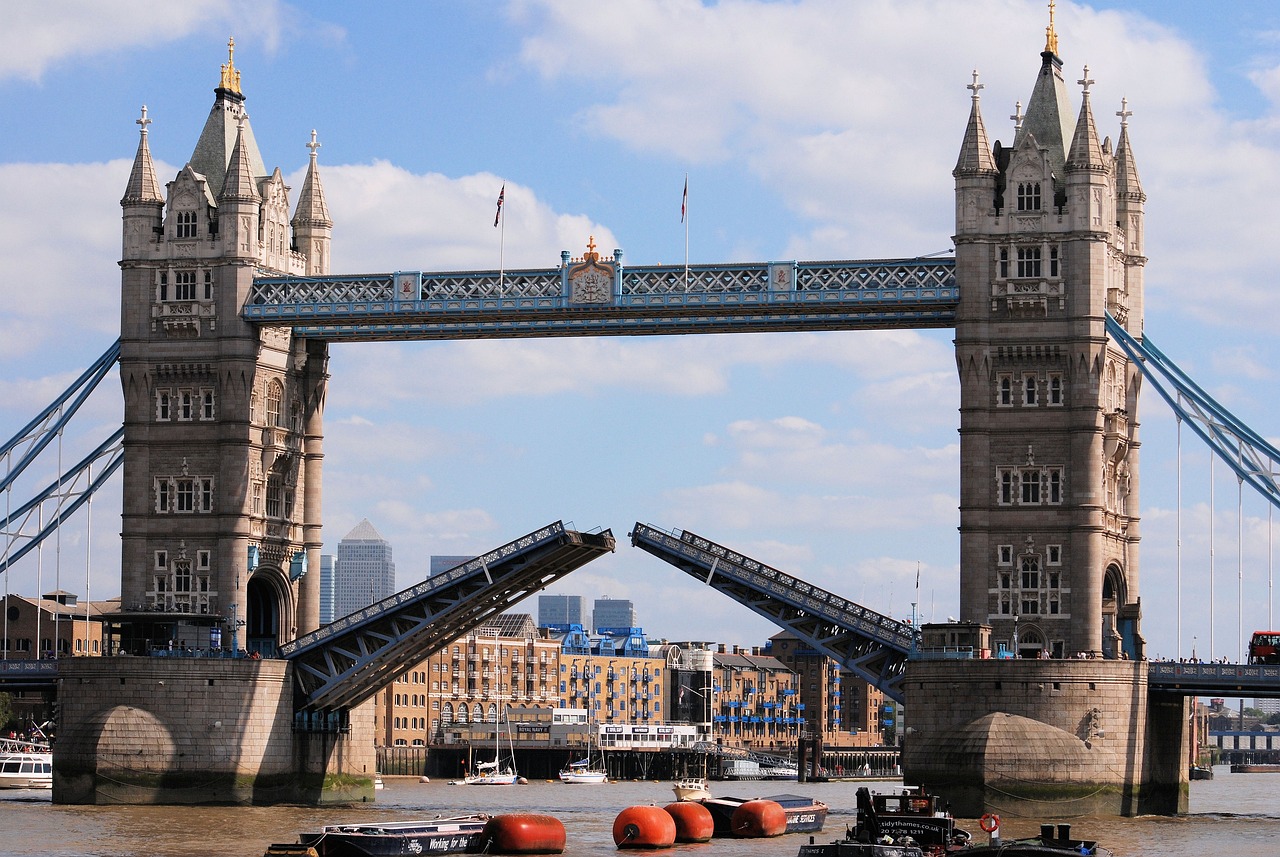
Cultural Patronage and the Arts
Catherine the Great's legacy as a ruler extended beyond political and military achievements to encompass significant contributions to the cultural landscape of Russia. Known for her cultural patronage and support for the arts, Catherine played a pivotal role in transforming St. Petersburg into a vibrant hub of creativity and intellectual exchange.
Under Catherine's patronage, the arts flourished, with renowned artists, writers, and musicians finding favor at the Russian court. She established institutions such as the Russian Academy of Arts and the Russian National Library, providing support and resources for the development of Russian literature, theater, and visual arts.
One of Catherine's most notable cultural initiatives was the acquisition of the art collection of Johann Ernst Gotzkowsky, a significant addition to the Russian Imperial art collection. This marked the beginning of the renowned Hermitage Museum, which would later become one of the world's foremost museums, housing masterpieces from various periods and civilizations.
Catherine's interest in literature also left a lasting impact on Russian culture. She corresponded with prominent Enlightenment figures such as Voltaire and Denis Diderot, fostering intellectual exchange and promoting the dissemination of progressive ideas in Russian society.
Moreover, Catherine's support for theater led to the establishment of the Russian Imperial Ballet and the Alexandrinsky Theatre, institutions that played a crucial role in the development of Russian performing arts.
Through her cultural patronage, Catherine not only enriched the artistic landscape of Russia but also aimed to position the country as a center of intellectual and creative excellence. Her legacy in the arts continues to resonate in the cultural institutions and artistic traditions of modern Russia.

Foreign Policy and Diplomacy
Catherine the Great's foreign policy and diplomatic strategies were crucial in solidifying Russia's position as a major European power during her reign. Through adept handling of international relations, alliances, and conflicts, she navigated the complex web of European politics with finesse and determination. One of her notable achievements was the successful wars against the Ottoman Empire and Sweden, which expanded Russia's influence and territorial control in key regions.
Catherine's diplomatic prowess was evident in her ability to form strategic alliances and negotiate advantageous treaties that bolstered Russia's standing on the global stage. By forging alliances with other European powers and engaging in diplomatic maneuvers, she secured key territorial gains and ensured the stability of her empire amidst the turbulent political landscape of the time.
Furthermore, Catherine's foreign policy initiatives were not only focused on military conquest but also on cultural exchange and intellectual engagement with Western Europe. She promoted a cosmopolitan outlook that embraced the ideas and innovations of the Enlightenment era, fostering a sense of openness and intellectual curiosity within Russian society.
Through her diplomatic endeavors, Catherine aimed to position Russia as a progressive and enlightened state that could rival the established powers of Europe. Her strategic vision and diplomatic acumen not only expanded Russia's borders but also elevated its status as a formidable player in the international arena.
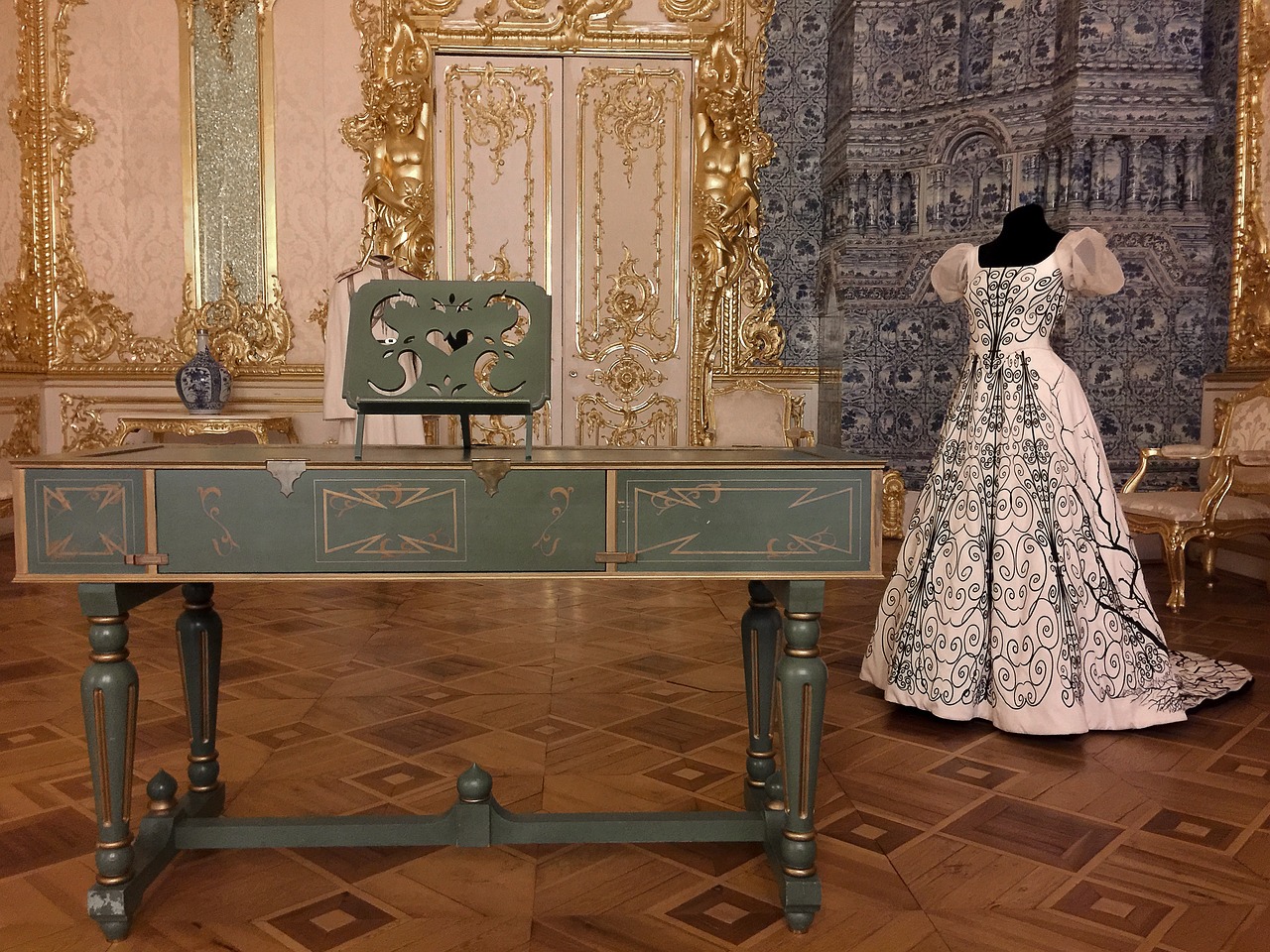
Legacy and Historical Impact
Catherine the Great's legacy as a ruler is deeply intertwined with Russia's historical tapestry, leaving an indelible mark on the country's trajectory. Her reign is often hailed as a period of significant growth and transformation for the Russian Empire, characterized by territorial expansion, modernization efforts, and cultural flourishing.
One of Catherine's most enduring legacies lies in her ambitious territorial expansion policies, which saw the Russian Empire grow in size and influence. Through military campaigns and diplomatic maneuvers, Catherine annexed territories such as Crimea, Belarus, and parts of Poland, solidifying Russia's position as a major European power.
Furthermore, Catherine's commitment to modernization and reform played a pivotal role in shaping Russia's future trajectory. Her domestic reforms in education, law, and administration aimed to bring Russia closer to Western European standards, laying the groundwork for future developments in the country.
Additionally, Catherine's patronage of the arts and culture left an indelible mark on Russia's cultural landscape. Her support for literature, theater, and the arts transformed St. Petersburg into a vibrant cultural hub, fostering the development of Russian artistic expression and creativity.
Moreover, Catherine's adept handling of foreign policy and diplomacy bolstered Russia's standing on the international stage. By navigating complex international relations, forging alliances, and engaging in strategic conflicts, Catherine secured Russia's position as a formidable player in European politics.
Overall, Catherine the Great's legacy as a ruler is multifaceted, encompassing her contributions to territorial expansion, modernization, cultural development, and international relations. Her reign continues to be studied and celebrated for its lasting impact on Russian history and society.

Controversies and Criticisms
As with any powerful ruler, Catherine the Great was not without controversies and criticisms during her reign. One of the most notable controversies surrounding Catherine was her personal life, particularly her relationships outside of her marriage to Tsar Peter III. Rumors and speculation about her romantic entanglements and affairs circulated throughout the Russian court, tarnishing her reputation among some circles.
Furthermore, Catherine's treatment of political opponents and dissenters has been a subject of criticism. Despite her reputation as an enlightened ruler, Catherine was known to suppress opposition and dissent through forceful means, including political purges and crackdowns on dissenting voices. This authoritarian approach to governance clashed with her professed ideals of enlightenment and progress.
Another point of contention was the stark contrast between Catherine's enlightened principles and her autocratic rule. While she promoted intellectual pursuits, education, and cultural development, Catherine also wielded absolute power and maintained a firm grip on authority. This paradoxical combination of progressive ideas and authoritarian practices led to debates about the true nature of Catherine's rule.
Moreover, historians have criticized Catherine for her role in the partitioning of Poland, a controversial act that resulted in the division and annexation of Polish territories by Russia, Prussia, and Austria. The partitioning of Poland was seen as a violation of Polish sovereignty and sparked international condemnation, casting a shadow over Catherine's legacy as a ruler.
In conclusion, while Catherine the Great's reign was marked by significant achievements and contributions to Russian history, her rule was not without its controversies and criticisms. The complexities of her character and governance continue to be debated by historians and scholars, shaping the diverse perspectives on her legacy.
Frequently Asked Questions
- Who was Catherine the Great?
Catherine the Great was a powerful and influential ruler of Russia who significantly expanded the Russian Empire during her reign. She was known for her political savvy, cultural contributions, and progressive policies.
- What were Catherine's major accomplishments?
Catherine's major accomplishments include modernizing Russia through domestic reforms, expanding the Russian Empire through military campaigns and diplomatic strategies, and patronizing the arts and culture.
- How did Catherine balance absolute power with progressive policies?
Catherine implemented enlightened despotism, which allowed her to maintain absolute power while also introducing progressive reforms in education, law, and administration to modernize Russia.
- What was Catherine's legacy?
Catherine's legacy includes being one of Russia's most successful rulers, her contributions to territorial expansion, modernization, and cultural development, and her enduring influence on Russian politics and society.
- What controversies surrounded Catherine's rule?
Controversies surrounding Catherine's rule include issues related to her personal life, treatment of political opponents, and the contradictions between her enlightened ideals and autocratic governance.

